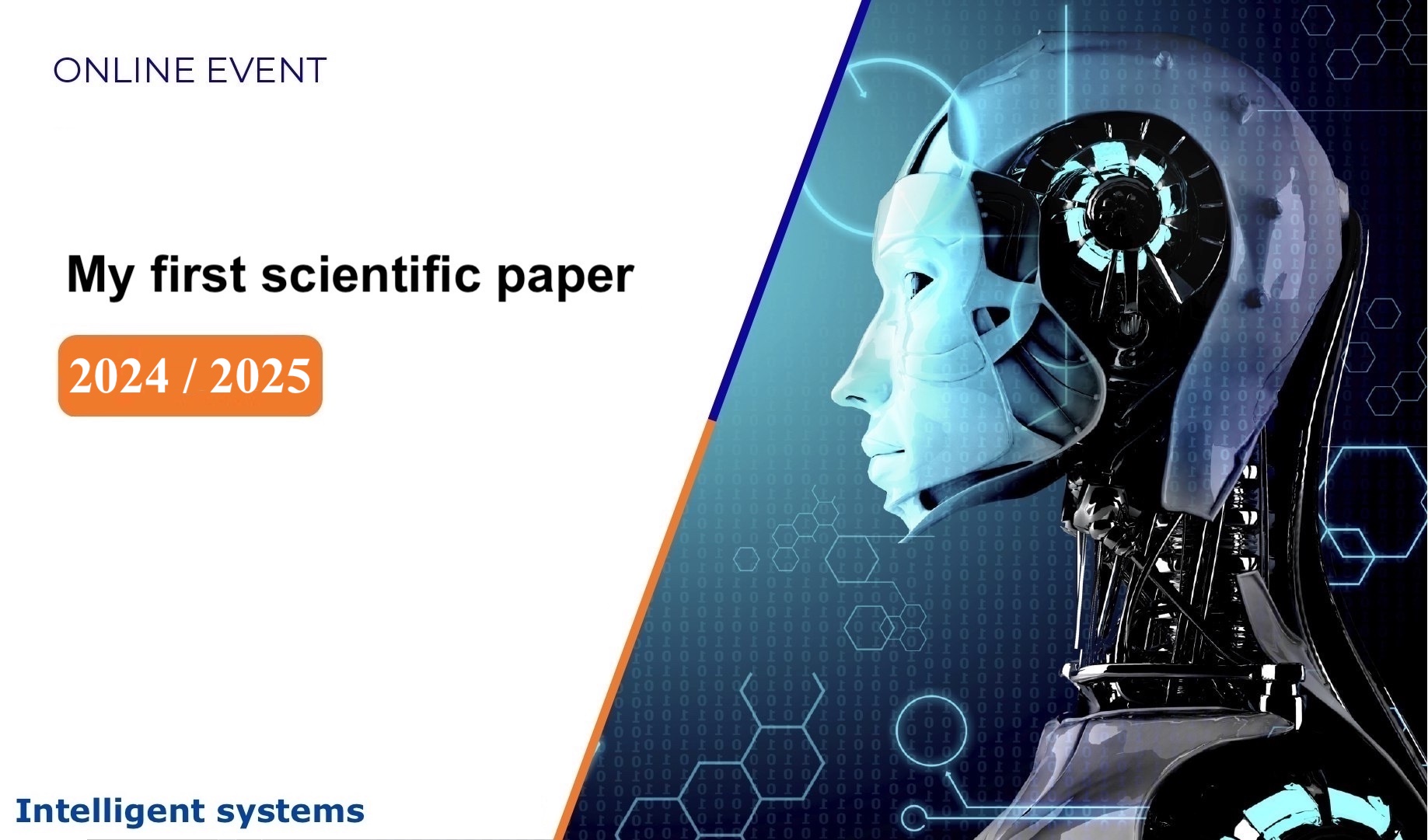My first scientific paper
Before 13 February 2026 — My first scientific paper: Suggest your project here
On Thursdays at 17:50 — Class m1p.org/go_zoom and discussion channel t.me
See results of 2025 — on GitHub
Fall 2026 — Functional Data Analysis starts in a while
Contents
Foundation AI Models for Spatial-Time Series, 2025
Foundation AI models are universal models to solve a wide set of problems. This project proposes to investigate the theoretical properties of foundation models. The domain to model is a spatial-time series. These data are used in various scientific disciplines and serve to generalise scientific knowledge and make forecasts. The essential problems, formulated as user requests that solve a foundation model, are forecasting and generation of time series; analysis and classification of time series; detection of change point, and causal inference. To solve these problems, the foundation AI models are trained on massive datasets. The main goal of this project is to compare various architectures of foundation models to find an optimal architecture that solves the listed problems for a wide range of spatial time series. See the FDA page.
Mathematical forecasting, 2025
This course delivers methods of model selection in machine learning and forecasting. The modeling data are videos, audio, encephalograms, fMRIs, and other measurements in natural science. The models are linear, tensor, deep neural networks, and neural ODEs. The practical examples are brain-computer interfaces, weather forecasting, and various spatial-time series forecasting. The lab works are organized as paper-with-code reports. See the page
My first scientific paper
This course produces student research papers. It gathers research teams. Each team consists of a student, a consultant, and an expert. The student is a project driver who wants to plunge into scientific research activities. The graduate student consultant conducts the research and helps the student. The expert, a professor, states the problem and enlightens the way to the goal. The projects start in February and end in May, according to the schedule.
- Week 0: Sign up
- Week 1: Set the toolbox
- Week 2: Tell about your project
- Week 3: State your problem
- Week 4: Plan the experiment
- Week 5: Visualise the principle
- Week 6: Write the theory
- Week 7: Analyse the error
- Week 8: Construct your paper
- Week 9: Review a paper
- Week 10: Select a journal to submit
- Week 11: Prepare your presentation
- Week 12: Show your results (Youtube)
Links
- 2025 results GitHub
- 2025 The list of problems for 2025
- 2024 results GitHub
- 2024 problems GitHub
- 2023 problems GitHub
- 2022 results GitHub
- Main page with old homework
- Group 674, 694, spring 2020
- Group 674, spring 2019
- Group 694, spring 2019
The Art of Scientific Research
The goal is to select and prepare the research topic of your dreams. We must be sure that the problem statement and project planning lead you to successful delivery according to the syllabus. The repository template helps.
- Step 0: We start
- Step 1: Highlight your work
- Step 2: Describe an industrial project
- Step 3: Explain the method
- Step 4: Graphical highlights
- Step 5: Deliver your message: slides 2 and 3
- Step 6: Risk management in research planning
- Step 7: Yield the foundation of your research
- Step 8: Descriptive tools for your problem
- Step 9: Launch your project with reasoning and statement
- Step 10: Computational experiment and visualizing
- Step 11: The final talk
See also
